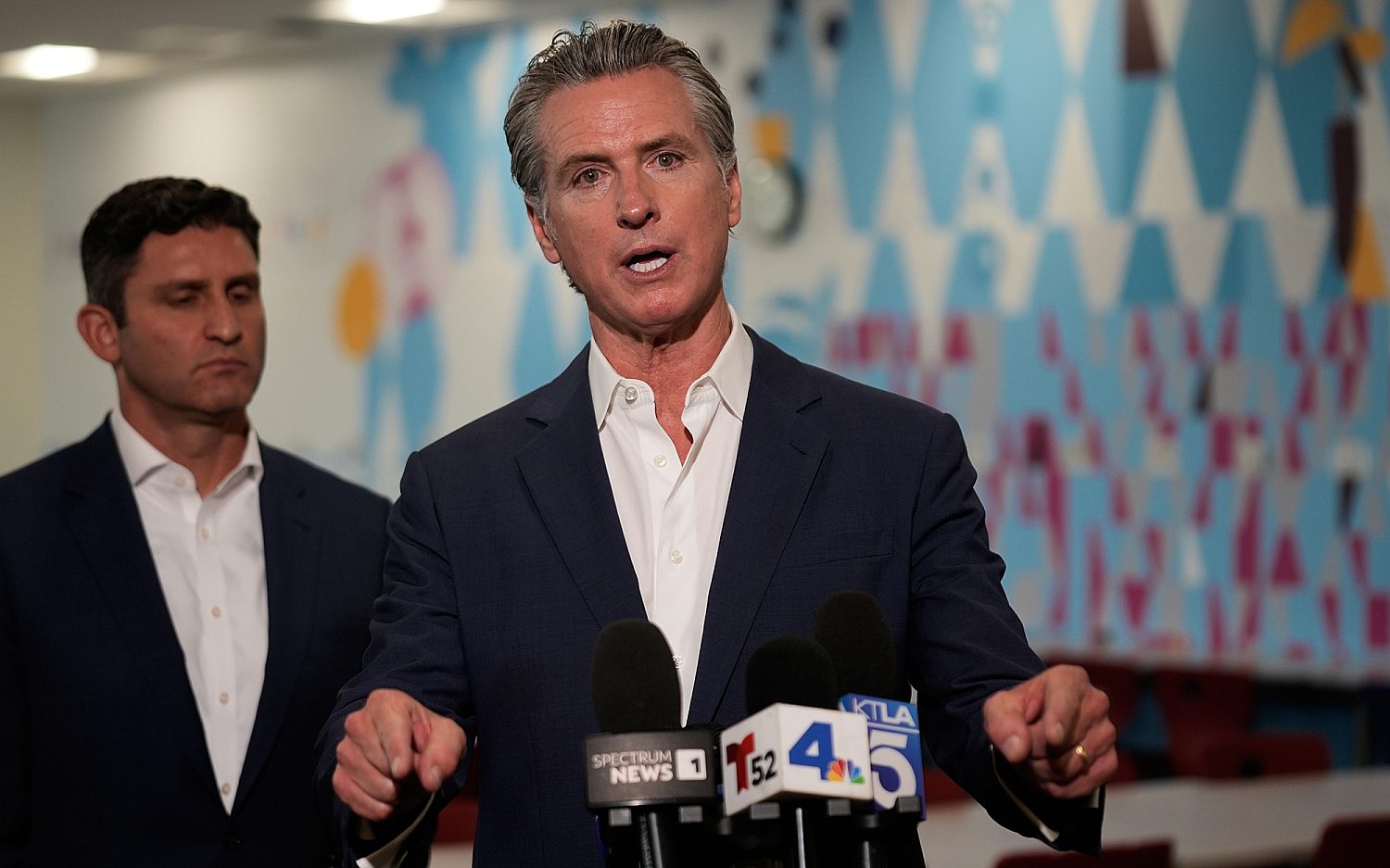Federal judge temporarily blocks Trump’s birthright citizenship order
A federal judge on Thursday issued a two-week pause on enforcing President Donald Trump’s executive order ending automatic citizenship to some children born on U.S. soil. The injunction came after a federal complaint jointly filed by Washington, Illinois, Arizona, and Oregon against the Trump administration.
The president signed several executive orders on his first day in office, including a measure revising the federal government’s interpretation of birthright citizenship provisions in the 14th Amendment. The order would end automatic birthright citizenship for children born in the United States to mothers who are here illegally, or legally in the United States on visas, if the child’s father is not a U.S. citizen or a legal permanent resident. The order described American citizenship as a priceless gift, adding that infants born to lawful U.S. citizens would still receive automatic citizenship.
Washington Attorney General Nick Brown led the joint filing and described Trump’s order as un-American. Generations of lawyers and presidents have recognized birthright citizenship without any added conditions, Brown said in response to the injunction. Another 18 states jointly filed a separate action against Trump’s order, meaning a total of 22 states sued the incoming administration in his first week in office.
How was the decision made? U.S. District Judge John C. Coughenour issued the ruling after hearing oral arguments from both sides in a Seattle courtroom. Coughenour characterized the president’s order as clearly unconstitutional, The New York Times reported. The judge added that he could not understand how a bar-certified lawyer could unequivocally argue that the order is constitutional, the Times added. The executive order noted that it would not take effect until 30 days after signature, meaning the two-week injunction may have little-to-no lasting impact on the executive order.
Dig deeper: Read my report on the other federal case against the executive order jointly filed by over a dozen states.
An actual newsletter worth subscribing to instead of just a collection of links. —Adam
Sign up to receive The Sift email newsletter each weekday morning for the latest headlines from WORLD’s breaking news team.




Please wait while we load the latest comments...
Comments
Please register, subscribe, or log in to comment on this article.